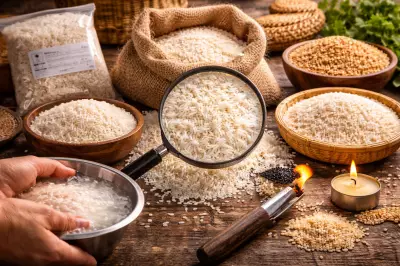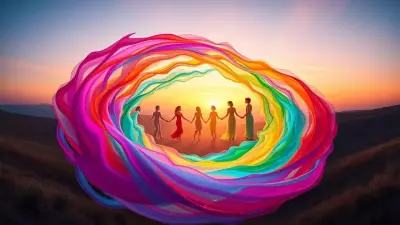
Across India's vibrant landscape, a remarkable transformation is underway in the world of spirits. Indigenous alcoholic beverages that were once confined to local communities and regional traditions are now stepping into the limelight, captivating the palates of discerning drinkers and mixologists alike.
The Renaissance of Traditional Brews
Long before imported whiskies and vodkas dominated urban bars, India had its own rich tapestry of alcoholic beverages rooted in local cultures and traditions. Today, these native spirits are experiencing an unprecedented revival, shedding their rustic image to emerge as sophisticated craft options.
Mahua: The Floral Elixir
Made from the flowers of the mahua tree, this traditional spirit has been part of tribal communities for centuries. Now, contemporary distilleries are refining mahua into premium spirits that showcase its unique floral notes and cultural significance. The result is a smooth, aromatic drink that's gaining attention on international platforms.
Goan Feni: From Beach Shacks to Elite Bars
Goa's iconic feni, traditionally distilled from cashew apples or coconut palm sap, has undergone a remarkable transformation. Once considered a humble local brew, it's now being appreciated for its complex flavor profile and versatility in cocktails. Artisanal producers are elevating feni production while maintaining traditional methods.
Toddy: The Natural Ferment
In coastal regions, toddy—the naturally fermented sap from palm trees—is being reimagined. Beyond its traditional consumption as a fresh beverage, toddy is now being incorporated into innovative cocktails and even aged to develop more complex flavors.
The Driving Forces Behind the Revival
Several factors are contributing to this indigenous spirits revolution:
- Craft Cocktail Movement: Mixologists are constantly seeking unique ingredients to create signature drinks
- Cultural Pride: A growing appreciation for India's diverse culinary heritage
- Sustainability: Many traditional production methods are inherently eco-friendly
- Government Recognition: Geographical Indication tags are protecting and promoting regional specialties
Challenges and Opportunities
Despite the growing popularity, indigenous spirit producers face significant hurdles. Complex state-level alcohol regulations, quality standardization issues, and breaking long-standing perceptions remain challenges. However, the opportunities are substantial as both domestic and international markets show increasing interest in authentic, story-driven spirits.
The future looks promising for India's indigenous liquors. As more consumers seek unique drinking experiences and connect with cultural narratives, these traditional spirits are poised to not just survive but thrive in the global marketplace, proudly carrying forward India's rich heritage in every bottle.





